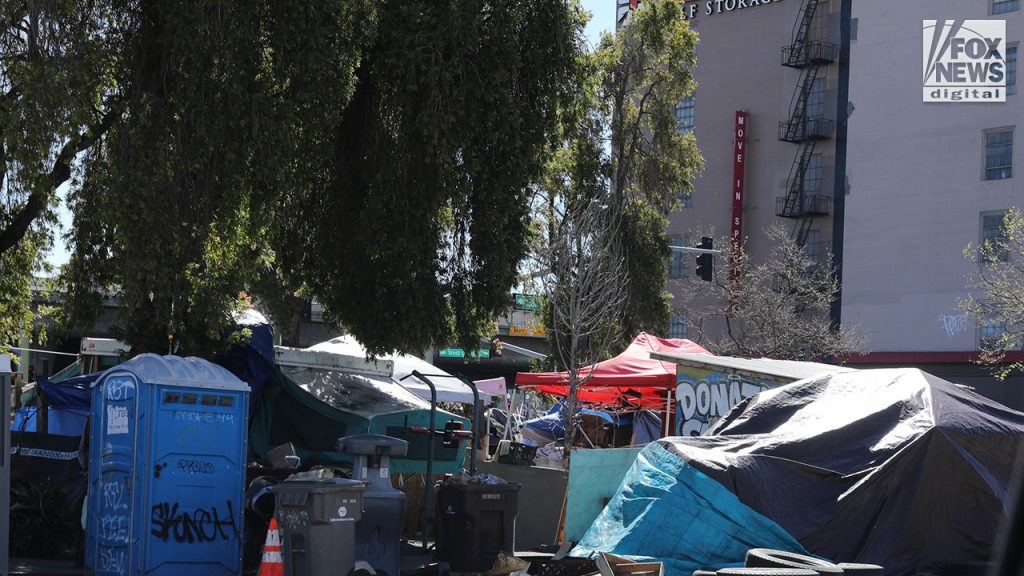The Supreme Court heard arguments over a small city’s ban on homeless people sleeping in public places, highlighting the issue of homelessness in jurisdictions across the nation, especially in the West where there has been a significant increase in the homeless population. Grants Pass, Oregon, with almost 40,000 residents, has municipal ordinances that prohibit sleeping or camping on public property, with fines starting at $295. The question at hand is whether these laws constitute “cruel and unusual punishment” prohibited by the Eighth Amendment due to their impact on individuals without stable housing. While the city argues that these laws are fairly enforced and apply to everyone, homeless advocates argue that they criminalize those without a place to call home.
During arguments, the justices debated whether the city’s laws targeted conduct or status, with some suggesting that judges should not be involved in making difficult policy judgments regarding homelessness. The ruling in this case will have far-reaching implications for cities grappling with the issue of homelessness and how best to provide services and enforce laws without criminalizing vulnerable populations. Grants Pass, a scenic area surrounded by natural beauty, is struggling to provide shelter for an estimated 600 involuntarily unsheltered individuals due to competing community views over funding, size, and location of shelters.
Nonprofit organizations and volunteers in Grants Pass provide support to the homeless population, but the city’s enforcement of laws prohibiting camping on public property has been challenged as ineffective and harmful. Some believe that criminalizing the homeless population only exacerbates civic problems and creates unsafe and unhealthy conditions in public spaces. Justices expressed concerns about a lack of compassion in cities across the country towards the homeless population and the need for immediate action to address the growing crisis.
The rise in the homeless population in the U.S. has been attributed to factors such as rising rents, a drop in pandemic-related public assistance, and a lack of affordable housing. California, Washington, Florida, and New York have the highest populations of homeless individuals, with California alone representing 28% of the total homeless population. The case before the Supreme Court, City of Grants Pass, Oregon v. Johnson, hinges on how the justices apply the precedent set in the 1962 case of Robinson v. California, which addressed the issue of criminalizing an individual’s status as an addict. The outcome of this case will have significant implications for cities struggling to balance the needs of their homeless populations with other civic priorities.
The Justice Department has not taken a side in the Grants Pass case but agrees that ordinances punishing people for sleeping outside where there is insufficient shelter space may be unconstitutional. However, it stresses the importance of conducting a more detailed inquiry into individual circumstances before applying such rulings broadly to all homeless individuals. The case raises complex questions about the balance between public safety, city resources, and protecting the rights of vulnerable populations. Justices expressed a sense of urgency in finding solutions to the homelessness crisis but differed on how best to address the issue and who should take responsibility for implementing effective policies and providing necessary support.













